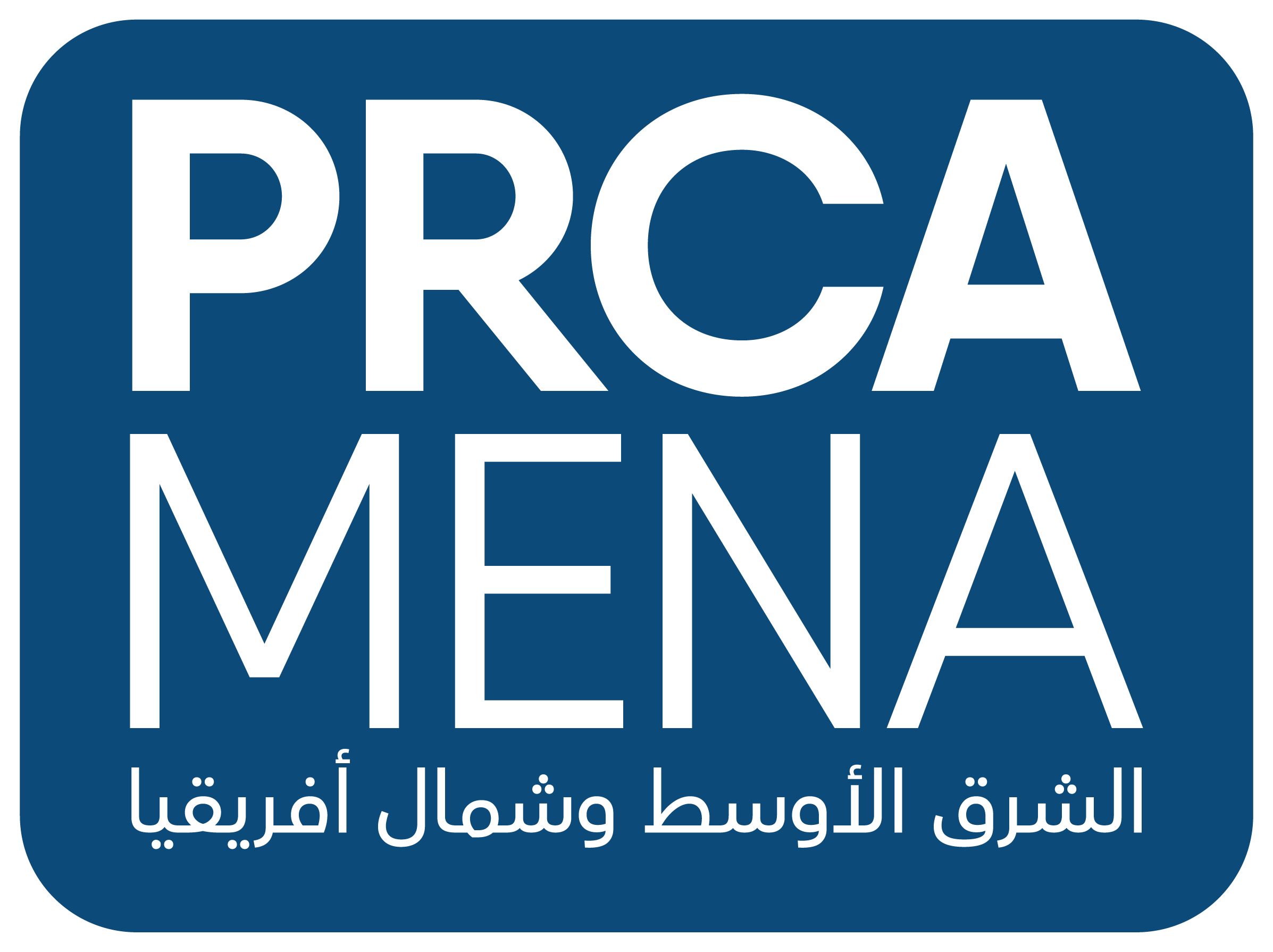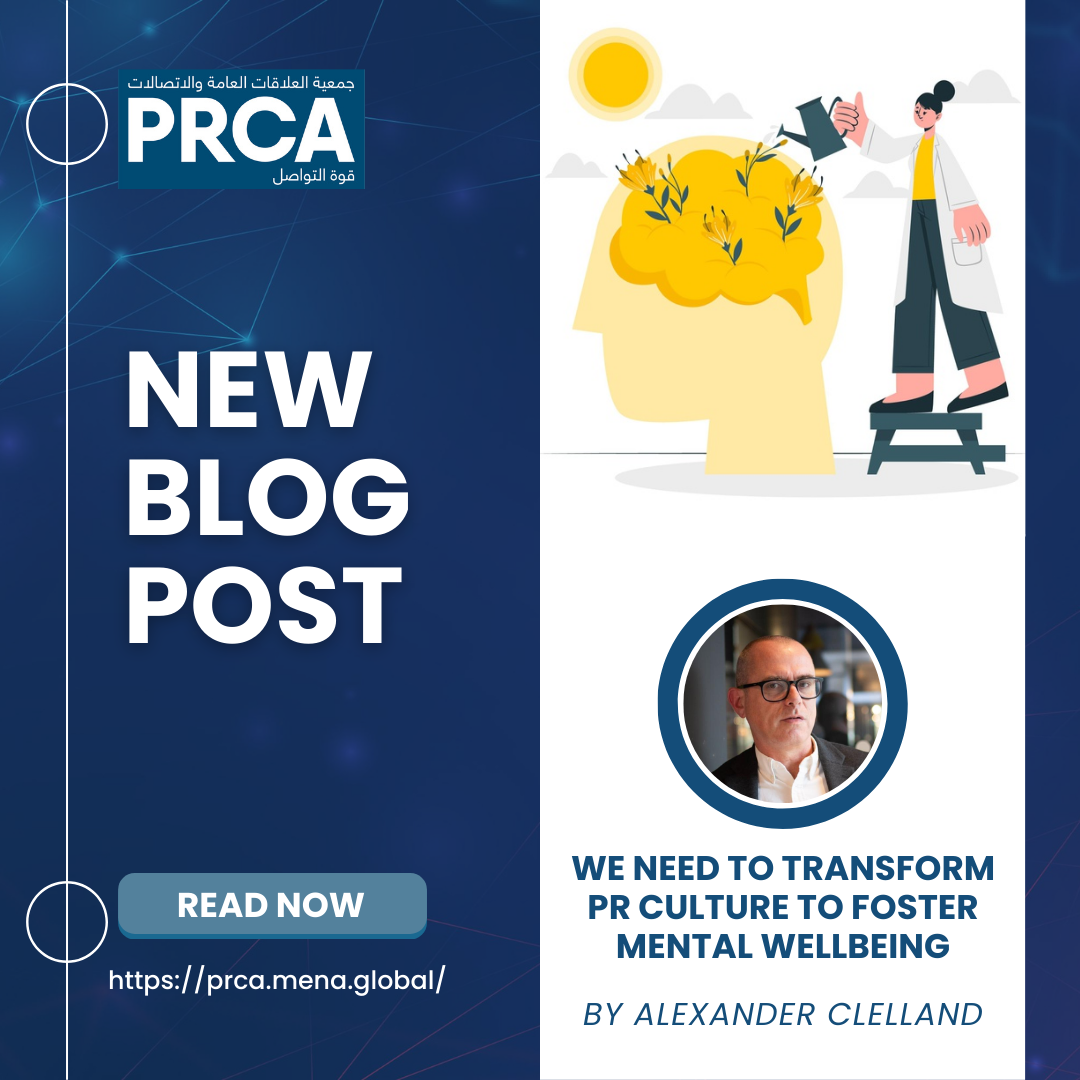We Need To Transform PR Culture To Foster Mental Wellbeing
We need a radical overhaul of culture in the PR industry. That’s the only conclusion to be drawn from the latest Mental Wellbeing Audit of the sector. The scale of the problem is immense – nine out of ten PR professionals report poor mental health over the past 12 months and a third have been diagnosed with a mental health problem, up from a quarter in the previous year.
This is despite the changes to working patterns and the workplace that have taken place since the pandemic, with hybrid working being widely welcomed as improving mental wellbeing. I shudder to think what the numbers would look like if we were all still stuck in the office full time.
The same reasons are cited year after year – overwhelming workloads, unclear expectations, and impending deadlines. This year an overflowing email inbox been added to the reported burden, driven by the increased remote communication generated by hybrid working.
Encouragingly, the four fifth of PR professionals now believe their organisations are implementing new policies to promote wellbeing has increased to four-fifths (79%), up from 64% the previous year. However, widespread scepticism remains, with only 55% agreeing that their workplace takes mental health seriously and a third stating that they don’t think enough is being done,
This speaks to a tendency across the corporate world to deploy isolated interventions to address the problem, which seem to satisfy tick-box exercises more than the needs of employees. The focus of too much training is on changing the response of the employee to persistently overwhelming conditions, rather than addressing the underlying causes of these conditions directly.
Giving me resilience training then sending me over the top into the same war of attrition is not going to result in enduring change. In contrast, it can be counterproductive, undermining employee faith in management, and further deepening disillusionment.
When PR professionals are suffering from poor mental health, 59% don’t take time off because they have too much to do. There is a call for clear communication around the processes and support available for those who take time off and a better framework to support those who are struggling.
There is no quick fix. We need root and branch reform of how we treat each other, and our clients, on a day-to-day basis. We need a new cultural framework that recognises the long-term benefits of healthy boundaries and clearly signposted support for the growth and prosperity of our profession.
Industries facing similar challenges, such as professional and financial services, have made huge strides with campaigns that prioritise openness, mutual support and an enduring change in attitudes. A notable initiative is the Mindful Business Charter, which aims to ‘rehumanise the workplace’ with a set of practical steps for addressing negative behaviours that perpetuate unhealthy workplaces.
We will keep having the same conversation about mental health until we are willing to have an open and honest conversation about PR workplace culture. We need to see leaders embracing new ways of working and being positive role models, so we don’t create another generation who imitate outdated and damaging attitudes. This will free professionals at all stages in their careers to be able to make constructive suggestions on how we can put people first while still caring for our clients.
Contributed by Alexander Clelland, Director Houston




